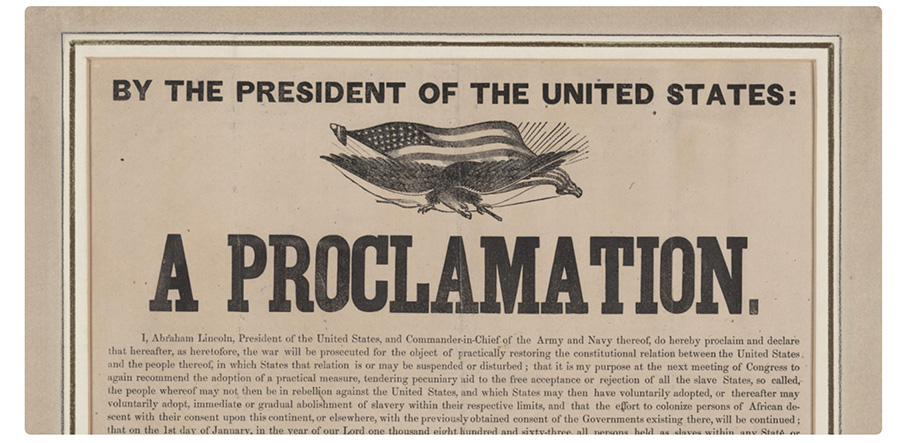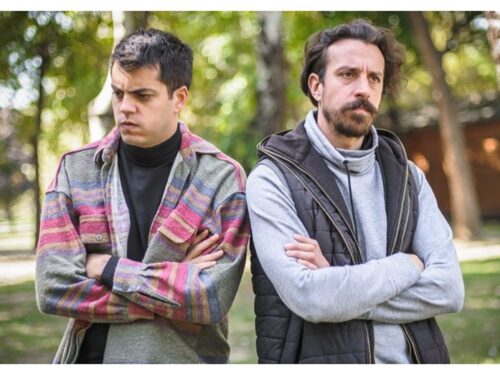
Recently, I was conversing with a White friend, and I mentioned that Juneteenth is this weekend. They said, “Wait, what is that?”
There’s a part of me that wanted to snap at them, somewhat sarcastically, “How could you not know that Juneteenth is one of the most important independence day celebrations in American history?!” But I couldn’t.
Because the truth is, I didn’t know about Juneteenth myself until about ten years ago, which is especially shameful and embarrassing since I’ve been working in diversity, equity, and inclusion for nearly 30 years. I should have learned about Juneteenth a long time ago when I was a kid in public school on Long Island. A lot of White people should have learned about it when they were young. AND we shouldn’t have had to wait till last year – when the Juneteenth National Independence Day Act was sworn into law by President Biden – to recognize it as one of the most important national commemorations in the year.
But there it is, another critical part of American history that so many White Americans like me were not taught about and wasn’t widely acknowledged outside of Black communities. But it is a celebration that ought to be honored and respected by all Americans.
Juneteenth celebrates the emancipation of enslaved African Americans and is also known as Jubilee Day, Emancipation Day, Freedom Day, and Black Independence Day. It falls each year on June 19th, commemorating the announcement of General Order No. 3 by Union Army general Gordon Granger on June 19th, 1865, that proclaimed freedom for enslaved people in Texas, which was the last state of the Confederacy with institutional slavery. Sadly, this order was issued more than two years after Lincoln’s Emancipation Proclamation of January 1863 which freed all of the slaves in all of the Confederate states. It took Texas a very long time to get the message.
The first Juneteenth commemoration was held in Galveston, TX in 1866 and then eventually grew to be celebrated in Black communities in the South and then more broadly in the 1920’s and 30’s. Somewhat surprisingly, Texas was the first state to formally recognize the holiday in 1938, with many other states following suit in the decades after. By 1979 all states recognized Juneteenth in some way. But, until last year, it wasn’t considered a national holiday, the first such since Dr. Martin Luther King Jr. Day was adopted in 1983.
Typically, Juneteenth celebrations include a reading of the Emancipation Proclamation, singing, street fairs, barbecues, and recitals of works by African American poets and writers like Maya Angelou, Ralph Ellison, and many others, along with what has sometimes been called the “Official Poem,” of Juneteenth, “We Rose,” by Kristina Kay (text below).
It is vitally important to celebrate Juneteenth because it represents what I will call a good step forward for America as a nation.
It’s a step that stands for decency, respect, and democracy, especially given that too often our good steps forward come at a very high price of blood-and-treasure, discord, division, and hate.
Unfortunately, our good steps are few and far between in the history of the American peoples, immigrants, and slaves. And, in reality, the Emancipation Proclamation is only one good step for African Americans, because as some might say, African Americans have only been “freeish” since 1865. Too many of us have a long, long way to go in recognizing our Black brothers and sisters as full, rightful, and respected members of our diverse American family.
But, in this time of troubling public discord, division and disrespect, it is heartening to know that more Americans are learning about, recognizing, and celebrating Juneteenth. And when I told my friend about it, they said, “Well, seems to me that that’s a damn fine thing to celebrate.” I couldn’t agree more.
Happy Juneteenth!!!
“We Rose,” by Kristina Kay, which has been called one of the “official poems” of Juneteenth:
We Rose
From Africa’s heart, we rose
Already a people, our faces ebon, our bodies lean,
We rose
Skills of art, life, beauty and family
Crushed by forces we knew nothing of, we rose
Survive we must, we did,
We rose
We rose to be you, we rose to be me,
Above everything expected, we rose
To become the knowledge we never knew,
We rose
Dream, we did
Act we must
Here’s a link to the history of Juneteenth from the National Museum of African American History and Culture at the Smithsonian Institution.
Here’s a link to the text of the Emancipation Proclamation.




